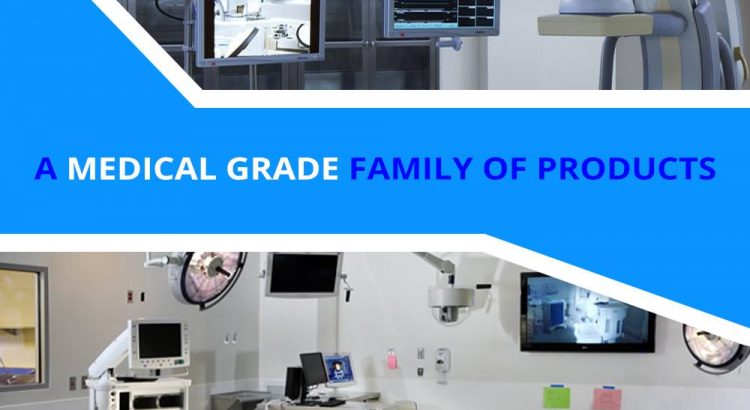Integrating technology into hospital workflows has been massively transformational to a great many health care systems and providers. An article from Healthcare IT News discusses how a hospital in New York was able to leverage technology to monitor patients and reduce transfers to the ICU by 63%. Staff at Saratoga Hospital were taking patients’ vital […]
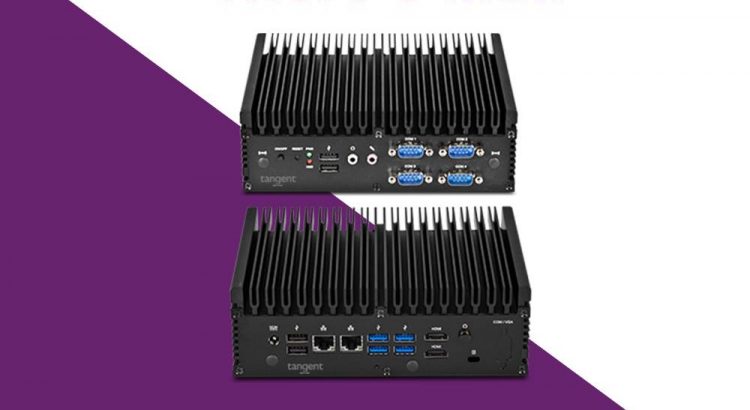
There’s Small, and Then There’s Mini
Picture a small desktop computer in your mind. Even today, they are fair sized rectangular boxes that take up a considerable amount of space on the desk or underneath it. Now picture a mini PC… Is it just a tad smaller than the desktop? With Tangent’s line of industrial rugged mini PCs, you’d have to […]
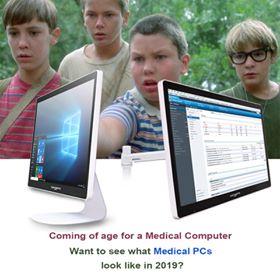
Coming of Age of a Medical Computer
Coming of Age of a Medical Computer In the 1990s, the term “medical computer” didn’t mean much more than a PC in a doctor’s office, or computers set up specifically for order entry, medical database access, or patient surveys. The equipment itself wasn’t anything special or purpose built for the medical field. Nowadays, a […]
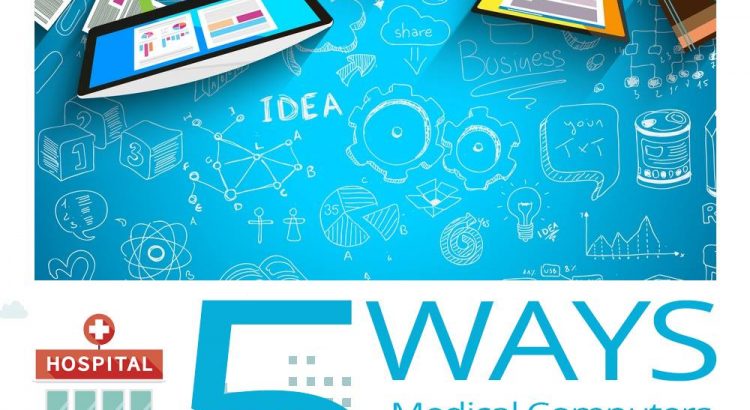
5 Ways Medical Computers Excel over Consumer PCs
5 Ways Medical Computers Excel over Consumer PCs There’s a good reason why the healthcare field is one of the most heavily regulated industries with the most oversight. When it comes to patient care, painstaking efforts are necessary to protect everyone at a medical facility including staff and visitors. Everything including medical equipment needs […]

No Dust Bunnies This Easter…
No Dust Bunnies This Easter… Finding dust build up inside a fan-cooled computer is like finding traffic in LA. It’s always there no matter how much you try to avoid it. Thousands of hours of fan-driven air movement and electrostatic charges make the internals of a PC or laptop a prime dust magnet. From […]

The Difference Between a Panel PC and a Tablet
The Difference Between a Panel PC and a Tablet An industrial grade touchscreen panel PC may have many of the same features as a tablet, but its purpose is to provide an incredibly durable, impenetrable, fast, and powerful computer system that will last for many years. Tangent offers four lines of industrial panel PCs […]
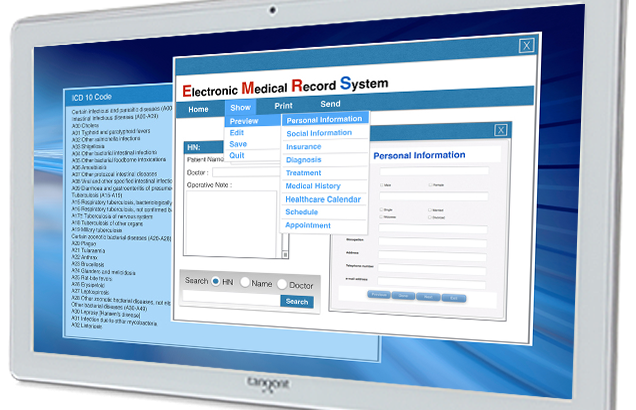
3 Essential Features of Medical Computers
3 Essential Features of Medical Computers “Medical grade computer” isn’t a label you can slap on anything off the shelf. Understandably, there are stringent regulations around what can be considered a safe computer component for use around patients in healthcare environments or in highly sanitary conditions. Medical computers are designed to be installed in […]
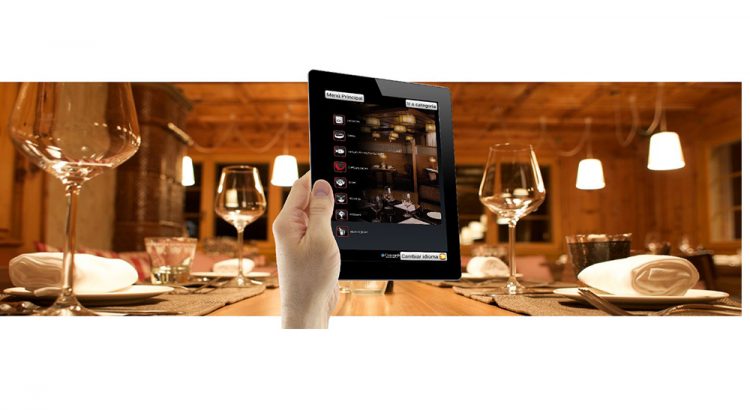
Industrial LCD Touchscreen Monitors for Self Service
Industrial LCD Touchscreen Monitors for Self Service The use of industrial grade LCD touchscreen monitors have been commonplace for well over a decade, but their appeal and ease-of-use is prompting an even wider expansion of implementation to most everywhere in daily life. In the food and beverage industry, Panera Bread reported in 2016 that […]
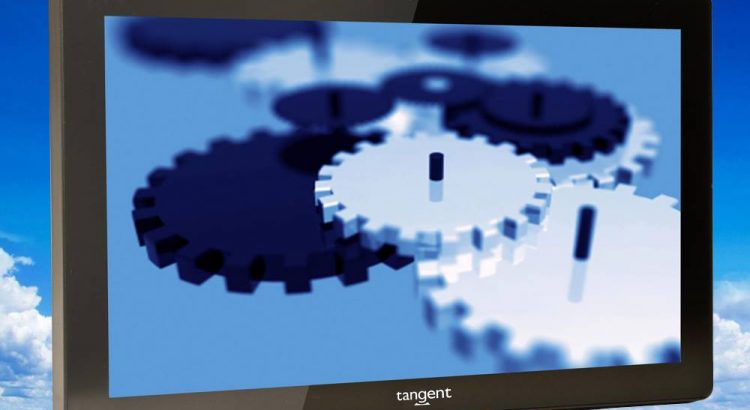
Not a Monitor, An All-in-One Touchscreen
At a glance, the Tangent VITA 474 19” panel PC looks just like a nice monitor. Sure, it’s very slim, sleek and unassuming. One could very easily pass it by on a wall or desk and never imagine that it is a powerful, fully featured all-in-one touchscreen panel PC. It even goes beyond just PC […]
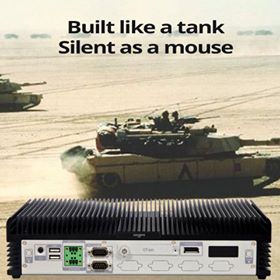
Industrial Computers, Silent Workhorses
At first blush, a Tangent Rugged industrial computer looks strikingly like a massive CPU with no fan. The familiar heat dispersing fins and it’s diminutive size are quite deceiving in this way, but it truly is a fully featured industrial computer. Many of the PCs in the Rugged line, like the Rugged Tank, are fanless […]
